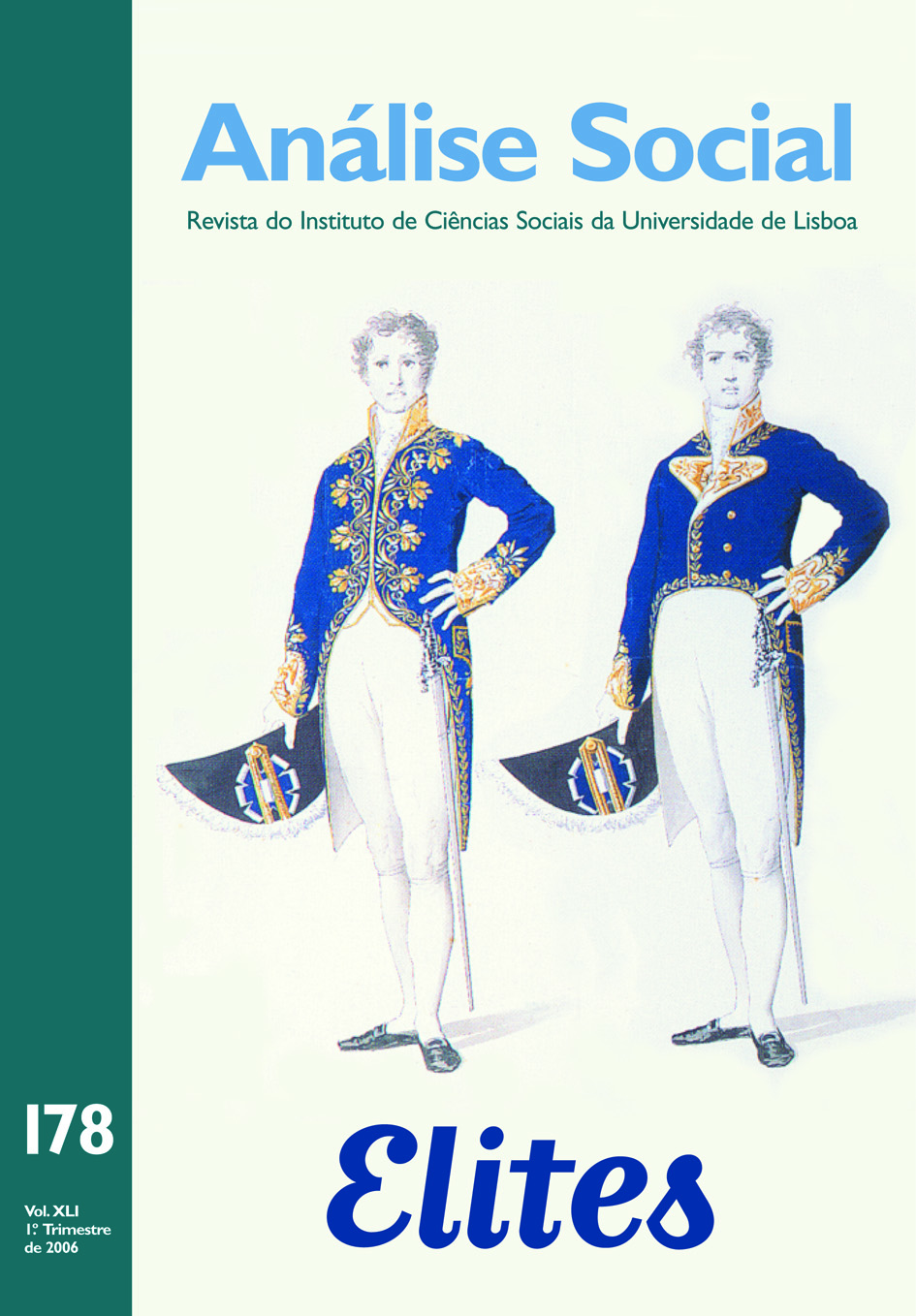The liberal dynasties. Family and kinship relations between members of parliament during the period of constitutional monarchy (1834-1910)
DOI:
https://doi.org/10.31447/AS00032573.2006178.07Keywords:
Portuguese parliamentarianism, kinship relations, constitutional monarchyAbstract
The publication of the Dictionary of Parliamentary Biography (Dicionário Biográfico Parlamentar) from 1834 to 1910 revealed the significance of kinship and family ties between deputies (members of the lower house), senators and peers of the realm. From a total of 2070 biographies there are 928 members of parliament (44,83%) who had ties with at least one other member. These kinship ties were of all types: fathers, grandfathers, great-grandfathers, great-great-grandfathers, sons, grandchildren, great-grandchildren, great-great-grandchildren, brothers, uncles, great-uncles, brothers-in-law, nephews, great-nephews, cousins, fathers-in-law, sons-in-law and stepsons, godfathers, godsons and fellow-godfathers. In addition, a number of cases have been identified where some families were veritable parliamentary dynasties, such as the Braamcamp, Carvalho (Chanceleiros), Holstein (Palmeia), Margiochi, Serpa Pimentel (Gouveia), Moniz (Borralha) and Silva Pereira (Antas) families. The data collected show the restricted - one might say the endogamous - nature of the recruitment base for the political elite of Portuguese parliamentarians in the period under study. The purpose of this article is to draw attention to the significant interest there is in studying kinship relations in the context of Portuguese parliamentarianism.



